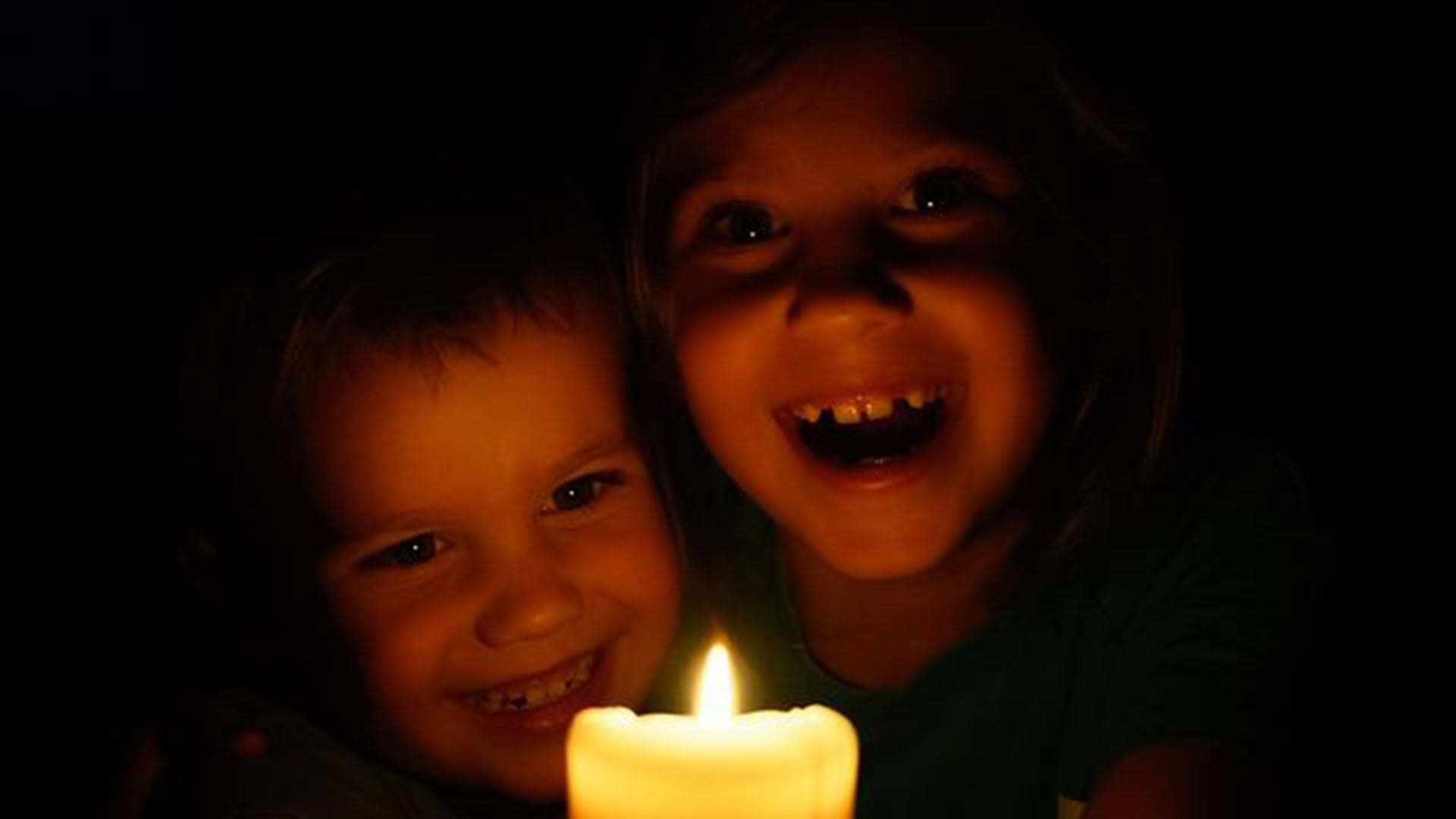
On Saturday, March 26, Earth Hour will be celebrated worldwide, 60 minutes that we give ourselves to be able to reflect on our actions and what is happening around us in order to make decisions that allow us to improve the environment where we develop. With small actions we can make big changes, taking into account that the Earth is our only home and we must make efforts to take care of it.
The key objective of this environmental movement is to get more people to take a new turn in their lives, making them more sustainable. Since 2009, Peruvians have joined this “blackout for the planet”, being one of the destinations most interested in joining this action for the environment.
Did you know what... Plastic pollution has entered the marine food chain and is significantly affecting the productivity of some of the world's most important marine ecosystems, such as coral reefs and mangroves.
WHAT IS EARTH HOUR?
This is a project that takes place every year, exactly on the last Saturday of March, in which millions of people around the world gather to express their support for the planet, but how? The answer is simple, raising awareness among others about the loss of nature and climate change, the two biggest threats we face.
“The unsustainable demand that humanity places on the natural world is causing climate mismatch, loss of habitats and the decline of wildlife. You can help by acting for people and the planet during this Earth Hour, striving to live more sustainably, or even influence world leaders to do the right thing. Each of us has the power to shape our future,” they say on the official website of the event.

The fact: Nowadays, almost all species groups in the ocean have had contact with plastic pollution, and scientists have observed adverse effects in almost 90% of the species evaluated.
WHAT WAS THE FIRST COUNTRY TO CELEBRATE IT?
This event was born in 2007, when 2.2 million people in Sydney, Australia turned off their lights in a call to action on climate change. Today is the biggest celebration for nature. As an important fact to remember, in 2021 the record was set to add 192 countries and territories around the globe.
WHAT TO DO IN EARTH HOUR?
As a sign of your support for the movement, all participants must turn off their lights and thus initiate commitments for our planet with hundreds of millions of people. After this time you can continue doing positive activities that add up, such as:

- Using the bicycle to get around.
- Replacing plastic bags with reusable ones.
- Reducing water consumption.
- Supports energy sources that do not impact nature and uses electricity responsibly.
- Produce healthy food on your balconies, roofs or gardens
- Respect the minimum closures and sizes of marine products.
- Reduce the consumption of single-use plastics and remember the three R's: reduce, reuse, recycle.
- Use your social networks to promote more sustainable habits.
EARTH HOUR IN PERU
All Peruvians will be able to participate this Saturday, March 26 from 8:30 p.m., when it will be held simultaneously with other cities around the world in order to take positive actions for the environment, animals, natural habitats and the impact of man.
Últimas Noticias
Debanhi Escobar: they secured the motel where she was found lifeless in a cistern
Members of the Specialized Prosecutor's Office in Nuevo León secured the Nueva Castilla Motel as part of the investigations into the case

The oldest person in the world died at the age of 119
Kane Tanaka lived in Japan. She was born six months earlier than George Orwell, the same year that the Wright brothers first flew, and Marie Curie became the first woman to win a Nobel Prize

Macabre find in CDMX: they left a body bagged and tied in a taxi
The body was left in the back seats of the car. It was covered with black bags and tied with industrial tape
The eagles of America will face Manchester City in a duel of legends. Here are the details
The top Mexican football champion will play a match with Pep Guardiola's squad in the Lone Star Cup

Why is it good to bring dogs out to know the world when they are puppies
A so-called protection against the spread of diseases threatens the integral development of dogs




